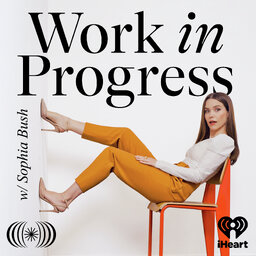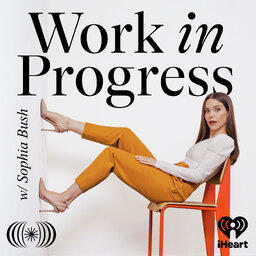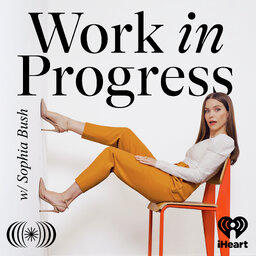Jason Isaacs is a remarkable actor, philanthropist, and Sophia's TV Dad on their new show, Good Sam. You may have seen Jason as Lucius Malfoy in the Harry Potter series, Captain Hook in Peter Pan, Colonel William Tavington in The Patriot, or Hap in The OA. Today, you'll get to see Jason in a whole new light as he talks with Sophia about his childhood, what drew him to acting when he was in college, and so much more. Don't forget this is only part 1, so be sure to check back next week for part 2!
Executive Producers: Sophia Bush & Rabbit Grin Productions
Associate Producers: Samantha Skelton & Mica Sangiacomo
Editor: Josh Windisch
Artwork by the Hoodzpah Sisters
This show is brought to you by Brilliant Anatomy
In 1 playlist(s)
Work in Progress with Sophia Bush
Work in Progress with Sophia Bush features frank, funny, personal, professional, and sometimes even …Social links
Follow podcast
Recent clips

Work in Progress: Jeannie Mai
55:24

Work in Progress: Mika Brzezinski
1:01:11

Work In Progress: Sophia answers fan questions
23:52
 Work in Progress with Sophia Bush
Work in Progress with Sophia Bush